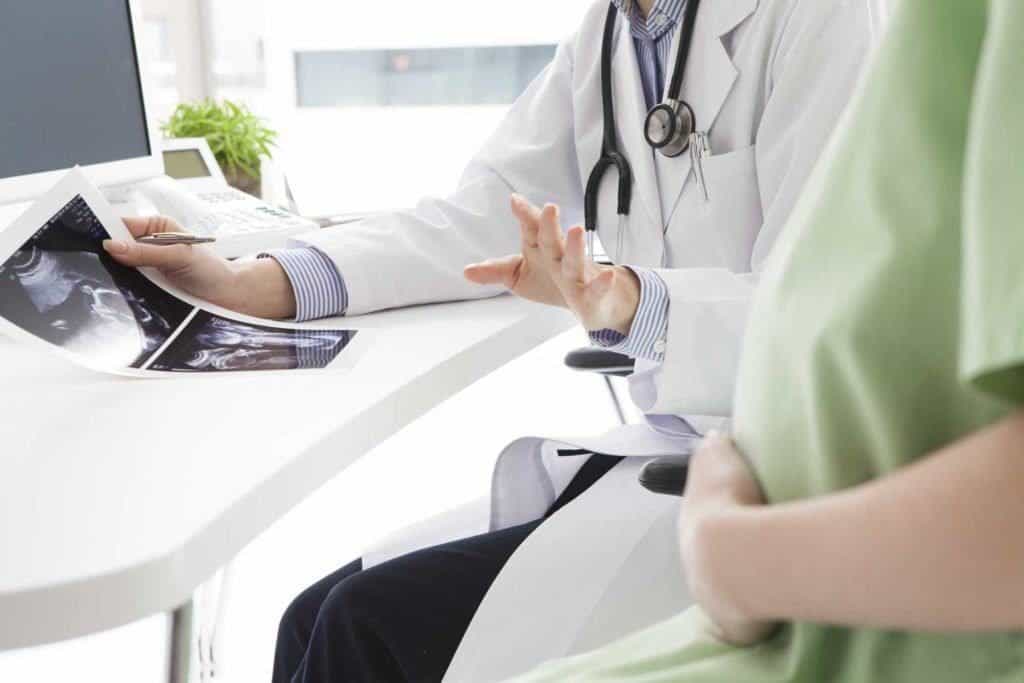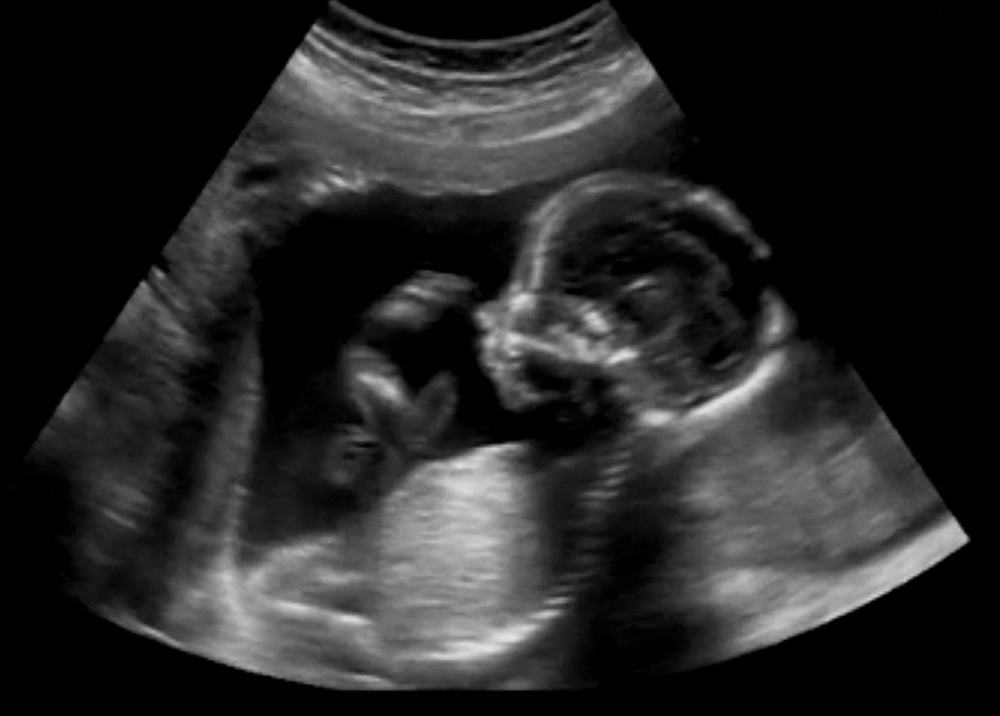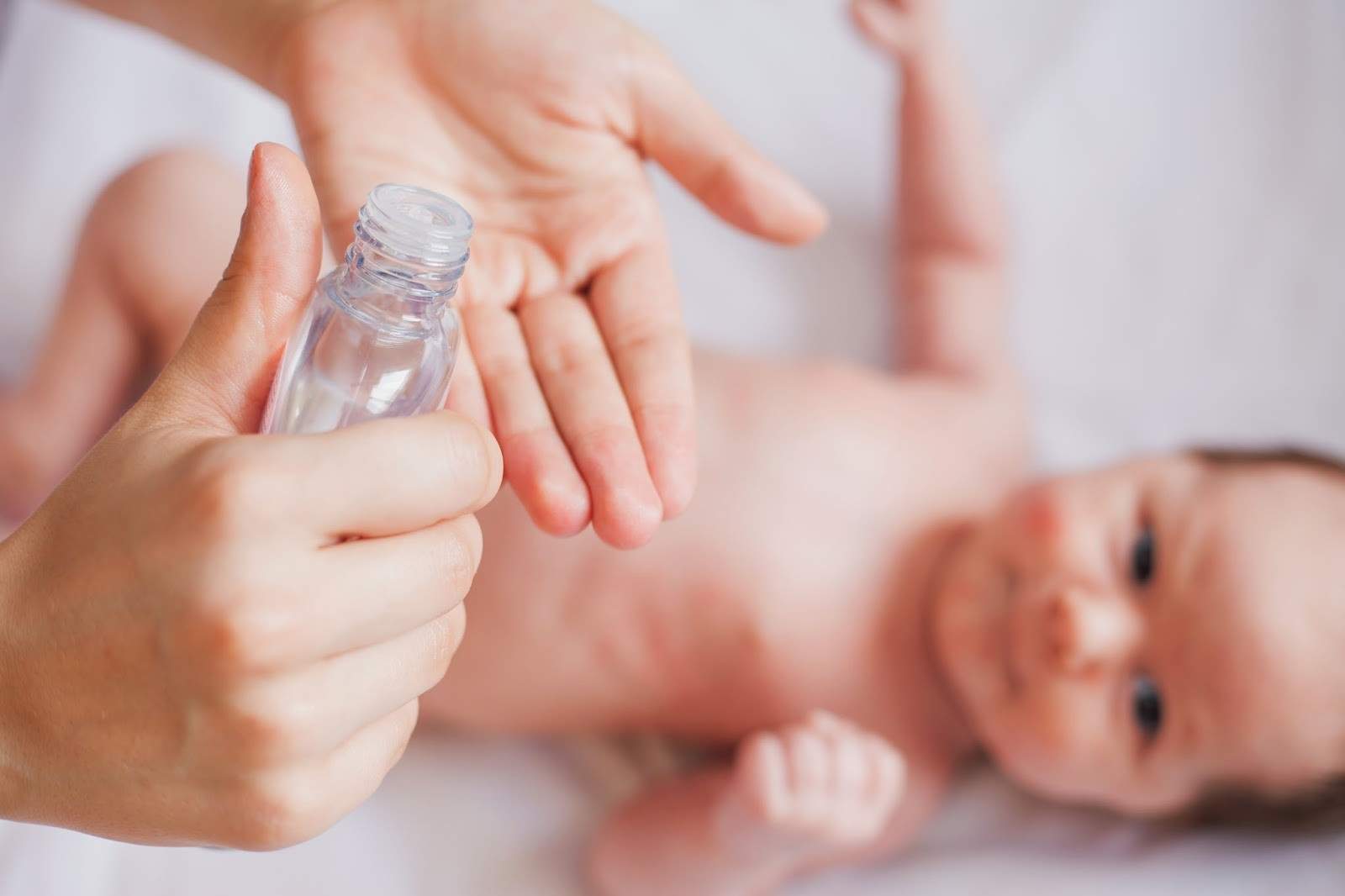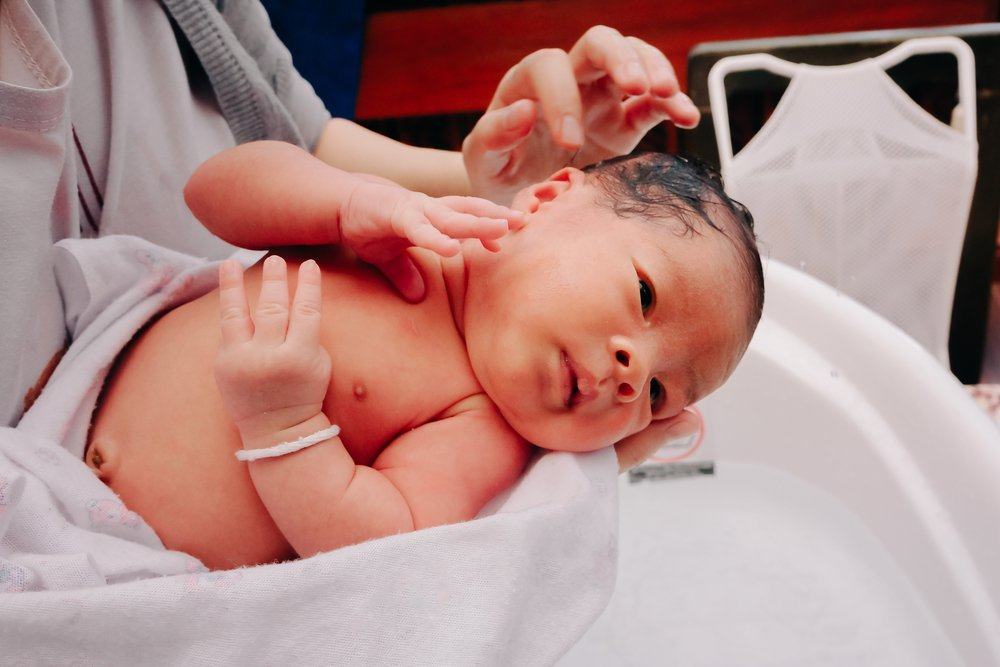Contents:
- Medical Video: Preeclampsia Video - Brigham and Women's Hospital
- Overview of preeclampsia
- Choice of blood pressure drugs to help treat preeclampsia
- 1. Magnesium sulfate
- 2. Methyldopa (Aldomet)
- 3. Labetalol (Normodyne or Trandate)
- 4. Nifedipine (Procardia)
- 5. Atenolol (Tenormin) and clonidine (Catapres)
- 6. Hydralazine (Apresoline)
- 7. Corticosteroids
Medical Video: Preeclampsia Video - Brigham and Women's Hospital
Controlling high blood pressure is an important part of the treatment of preeclampsia. Keep in mind, lowering high blood pressure will not prevent preeclampsia from getting worse. This is because high blood pressure is only one symptom of preeclampsia, not the cause. However, stable and normal blood pressure is certainly good for the health of the mother and the womb. So, know the various choices of high blood pressure drugs to help deal with preeclampsia in this article.
Overview of preeclampsia
Preeclampsia is a condition in which blood pressure and protein in the urine rise after 20 weeks (the end of the 2nd or 3rd trimester) of pregnancy. A woman can experience this condition even though she previously had no history of hypertension or high blood pressure. At least 5-8 percent of pregnant women experience preeclampsia.
Until now, the main cause of preeclampsia is still uncertain. However, experts believe that this condition occurs because of abnormalities in the growth and development of the placenta that disrupts blood flow to the fetus and mother. This condition is usually characterized by a pressure that rises to 140/90 mmHG or more, swelling of the hands, feet and face, and sudden weight gain in 1-2 days.
Preeclampsia is a serious condition that requires immediate medical treatment. Problems that often arise in the fetus due to the mother experiencing preeclampsia are premature birth and low birth weight.
Choice of blood pressure drugs to help treat preeclampsia
Controlling high blood pressure is an important part of the treatment of preeclampsia.You may need blood pressure medication if your blood pressure reaches a high level. In addition to lowering blood pressure, administration of blood pressure medications can also be prescribed to prevent seizures.
Some medications that your doctor might prescribe forlower blood pressure and protect you from complications including:
1. Magnesium sulfate
If you have a pregnancy-related seizure (eclampsia) and have moderate to severe preeclampsia, magnesium sulfate may be prescribed by a doctor. This medication usually starts taking before giving birth and continues for 24 hours after giving birth.
2. Methyldopa (Aldomet)
This drug is alpha-adrenergic, which affects the central nervous system and inhibits the medulla oblongata in the brain from sending signals to blood vessels to constrict (which will increase blood pressure). The daily dose you need is 500 milligrams (mg) to 2 grams, divided into two to four doses. Methyldopa can also be given intravenously if needed.
3. Labetalol (Normodyne or Trandate)
It also blocks vasoconstricting impulses and is safe to use during pregnancy. Doses are generally 100 mg, twice a day, and can be increased weekly to a total of 800 mg, three times a day. Labetalol is also safe for use through intravenous blood vessels.
4. Nifedipine (Procardia)
This drug is a barrier to calcium channels that can soften blood vessels and reduce heart rate. Nifedipine is reported to be safe during pregnancy, although it is not used for long periods such as methyldopa and labetalol. When used during pregnancy, long-acting formula (Procardia XL, Adalat CC) is often the choice.
This medicine is taken only once a day, usually 30 mg. If necessary, the dose can be increased to 90 mg every day.
5. Atenolol (Tenormin) and clonidine (Catapres)
Atenolol and clonidine are other choices, but have never been used routinely by pregnant women like other drugs listed above.
6. Hydralazine (Apresoline)
This drug is more often used in intravenous fluids to control high blood pressure in pregnancy.
7. Corticosteroids
If you have severe preeclampsia, corticosteroid drugs can temporarily improve liver and platelet function to help extend your pregnancy. Corticosteroids can also help your baby's lungs mature within 48 hours, an important step in preparing premature babies to live outside the womb.
Some high blood pressure medications are dangerous if taken during pregnancy. If you are taking medication for high blood pressure, talk to your doctor about the safety of your medication. Discuss this before you become pregnant or as soon as you find out you are pregnant. Make sure that your doctor has a complete list of all medicines you consume.












